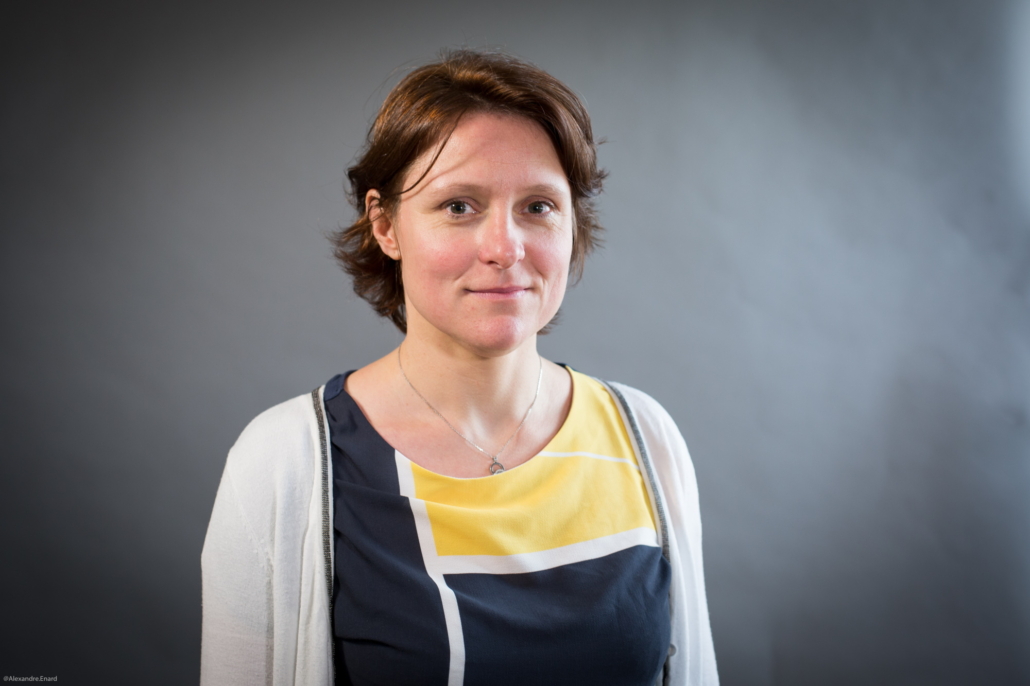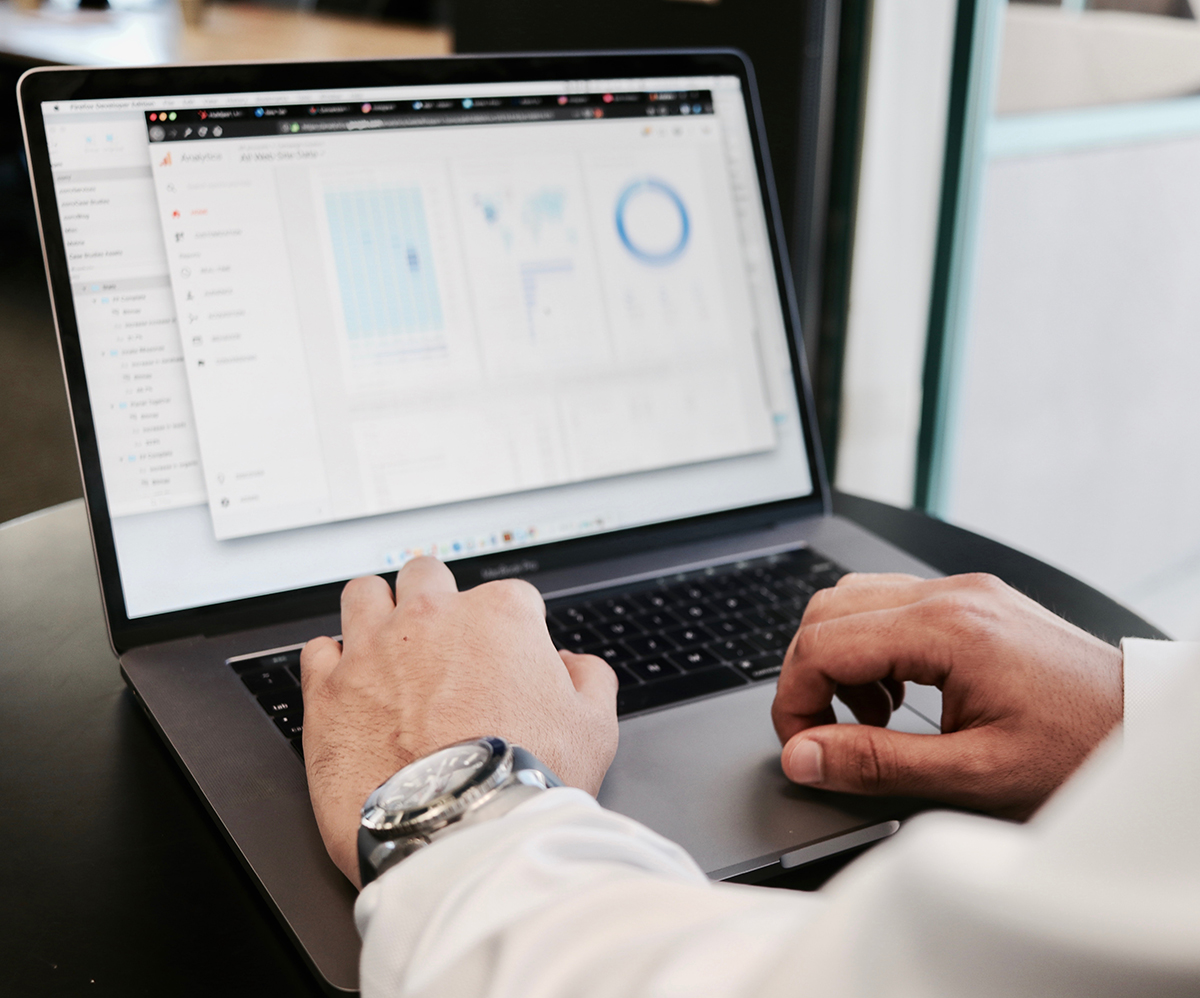The European Commission’s objective regarding 5G is clear: the next generation mobile network must be available in at least one major city in each Member state by 2020. However, the rapid expansion of 5G raises questions on network capacity levels. With this fifth-generation system, it is just a matter of time before our smartphones can handle virtual and augmented reality, videos in 4K quality and high definition video games. It is therefore already necessary to start thinking about the quality of service, particularly during peaks in data traffic, which should not hinder loading times for users.
Optimizing the communication of a variety of information is a crucial matter, especially for researchers, who are on the front lines of this challenge. At Télécom ParisTech, Michèle Wigger explores the theoretical aspects of information transmission. One of her research topics is focused on using storage space distributed throughout a network, for example, in various base stations or in terminals from internet access providers — “boxes”. “The idea is to put the data in these areas when traffic is low, during the night for example, so that they are more readily available to the user the next evening during the peaks in network use,” summarizes Michèle Wigger.
Statistical models have shown that it was possible to follow how a video spread geographically, and therefore anticipate, with a few hours in advance, where it will be viewed. Michèle Wigger’s work would therefore enable the smoother use of networks to prevent saturation. Yet she is not only focused on the theoretical aspects behind this method for managing flows. Her research focuses on the physical layer of the networks, in other words, the construction of the modulated signals to be transmitted by antennas to reduce bandwidth usage.
She adds that these communications assisted by cache memory can also go a step further, by using data that is not stocked on our boxes, but on our neighbors’ boxes. “If I want to send a message to two people who are next to each other, it’s much more practical to distribute the information between them both, rather than repeat the same thing to each person.” She explains. To further develop this aspect, Michèle Wigger is exploring power modulations that enable different data to be sent, using only one signal, to two recipients — for example, neighbors — who can then work together collaboratively to exchange the data. “Less bandwidth is therefore required to send the required data to both recipients,” she explains.
Improving coordination between connected objects for smart cities
Beyond optimizing communications using cache memories, Michèle Wigger’s research is more generally related to exchanging information between communicating agents. One of the other projects she is developing involves coordination between connected objects. Still focusing on the theoretical aspect, she uses the example of intelligent transportation to illustrate the work she is currently carrying out on the maximum level of coordination that can be established between two communicating entities. “Connected cars want to avoid accidents. In order to accomplish this, what they really want to do is to work together,” she explains.
However, in order to work together, these cars must exchange information using the available networks, which may depend on the technology used by manufacturers or on the environment where they are located. In short, the coordination to be established will not always be implemented in the same manner, since the available network will not always be of the same quality. “I am therefore trying to find the limits of the coordination that is possible based on whether I am working with a weak or even non-existent network, or with a very powerful network,” explains Michèle Wigger.
A somewhat similar issue exists regarding sensors connected to the internet of things, aimed at assisting in decision-making. A typical example is buildings that are subject to risks such as avalanches, earthquakes or tsunamis. Instruments measuring the temperature, vibrations, noise and a variety of other parameters collect data that is sent to decision-making centers that decide whether to issue a warning. Often, the information that is communicated is linked, since the sensors are close together, or because the information is correlated.
In this case, it is important to differentiate the useful information from the repeated information, which does not add much value but still requires resources to be processed. “The goal is to coordinate the sensors so that they transmit the minimum amount of information with the smallest possible probability of error,” explains Michèle Wigger. The end goal is to facilitate the decision-making process.
Four focus areas, four PhD students
Her research was awarded a Starting Grant from the European Research Council (ERC) in September both for its promising nature and for its level of quality. A grant of €1.5 million over a five-year period will enable Michèle Wigger to continue to develop a total of four areas of research, all related in one way or another to improving how information is shared with the aim of optimizing communications.
Through the funding from the ERC, she plans to double the size of her team at the information processing and communication laboratory (UMR CNRS and Télécom ParisTech), which will expand to include four new PhD students and two post-doctoral students. She will therefore be able to assign each of these research areas to a PhD student. In addition to expanding her team, Michèle Wigger is planning to develop partnerships. For the first subject addressed here — that of communications assisted by cache memory — she plans to work with INSA Lyon’s Cortexlab platform. This would enable her to test the codes she has created. Testing her theory through experimental results will enable her to further develop her work.






